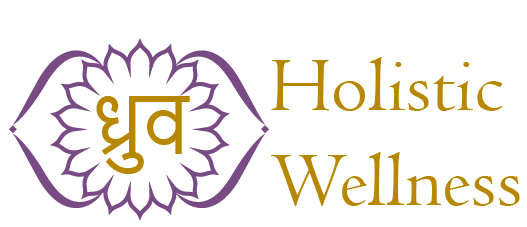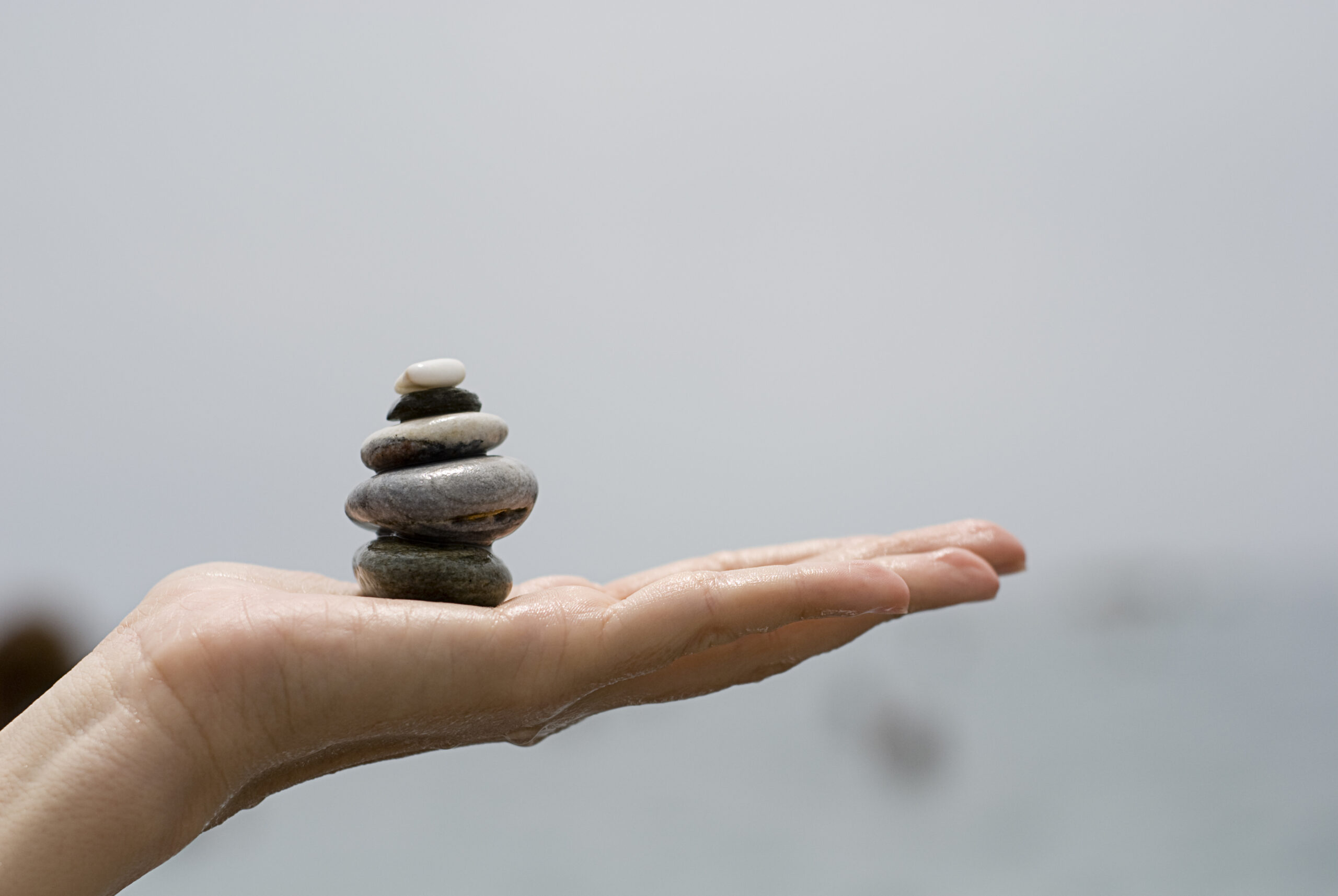
what is wellness

Wellness is a holistic concept that encompasses various aspects of health and well-being, including physical, mental, emotional, social, and spiritual dimensions. It goes beyond the absence of illness and emphasizes the pursuit of optimal health and quality of life.

Wellness involves making conscious choices and taking proactive steps to live a balanced and fulfilling life. It’s about nurturing healthy habits, managing stress effectively, fostering positive relationships, pursuing personal growth, and finding meaning and purpose in life.
When we talk about wellness, we’re talking about things like maintaining a nutritious diet, staying physically active, getting enough sleep, practicing mindfulness and relaxation techniques, engaging in hobbies and activities that bring us joy, connecting with others, and cultivating a sense of gratitude and optimism.
Wellness is not a one-size-fits-all approach; it’s highly individualized and can look different for each person. What’s important is that we prioritize our well-being and take consistent actions to support it in all areas of our lives. Wellness is more than just the absence of illness

Wellness, a term that resonates strongly in modern times, has its origins deeply embedded in ancient civilizations. Across cultures from the East, including India and China, to the West, encompassing Greece and Rome, the foundational principles of wellness as both preventative and holistic were practiced and revered.
In the 19th century, amidst the backdrop of conventional medicine, Europe and the United States witnessed the emergence of various intellectual, religious, and medical movements. These movements, advocating for holistic and natural approaches, self-healing, and preventive care, laid a solid groundwork for the wellness paradigm we embrace today.
The 1960s and 1970s marked a significant turning point as wellness-focused modalities gained momentum. A network of forward-thinking US physicians and scholars, contributed to the evolution and dissemination of holistic wellness principles through their writings and leadership.
Since then, these concepts have continued to evolve and permeate mainstream consciousness. They have influenced diverse aspects of healthy living, from self-help practices to fitness routines, nutritional approaches, and even spiritual beliefs. Today, the wellness movement thrives as a vibrant tapestry of practices and philosophies, guiding individuals on their journey to optimal health and well-being in the 21st century.

In essence, practices like Pranic Healing, Ayurveda, Acupuncture, Acupressure, and Aromatherapy all converge on the holistic wellness spectrum. Similarly, esoteric traditions such as Srividya or Kabbalah, though often misunderstood as cults, actually embody the ancient concept of holistic wellness. In our modern era, it’s crucial to transcend labels and embrace inclusivity, acknowledging that every path contributes to our collective evolution. As a mentor, I advocate for open-mindedness and acceptance, encouraging clients to explore diverse perspectives and practices. Let’s foster a culture of openness and unity as we navigate the journey toward holistic wellness together.

The wellness continuum illustrates the spectrum of health and well-being, ranging from illness or dysfunction to optimal wellness. Each individual moves along this continuum based on their lifestyle choices, habits, and overall well-being. The goal is to strive for progression towards the healthier end of the spectrum by adopting positive habits and seeking support when needed. Wellness is not a static state but dynamic.
Each Facet of wellness is interconnected and influences the others. For example, physical health can impact mental well-being, and vice versa. Achieving balance across these Facets is essential for overall wellness and resilience in the face of life’s challenges.
- Physical well-being through regular exercise, balanced nutrition, and preventive care.
- Mental health supported by stress management techniques, counseling, and mindfulness practices.
Financial stability achieved through intelligent planning and intuitive business strategies.
- Creating and sustaining wealth through *fortune architecture*—strategies that align your financial goals with your life's purpose.
- Building and nurturing meaningful connections with family, friends, and colleagues.
- Enhancing relationship quality through effective communication and empathy.
- Practices like meditation to enhance Mindful awareness and inner peace.
- Connecting with your higher self to gain clarity and direction in life.
There are many other pillars to, but these are vital.

When embarking on a wellness journey, finding the right coach or practitioner can make a significant difference. Look for someone who is qualified, experienced, and compassionate. A good coach will listen actively, provide guidance tailored to your needs, and support you every step of the way. Trust your instincts and choose a coach with whom you feel comfortable and aligned.
There are many organizations which give certification in field of wellness, a NBHWC certified wellness mentor is always recommended as they go through a lot of Hardcore training process. Their Number is constantly increasing in India, within next decade we can easily Find them. Their Consultation ranges from 100$ to 500$ or more per sitting. The best always comes with best prices. Number Sessions or Sitting may range from Individual to Individual.
Ensuring they have the proper training and experience.
Feeling comfortable and understood by your coach.
Look for a coach who addresses all aspects of wellness.

At Dhruva Holistic Wellness, we are dedicated to supporting individuals on their path to holistic well-being. Our range of services is designed to address the diverse needs of our clients, including
Integrated wellness is the harmony of mind, body, and spirit. It involves taking a holistic approach to health, ensuring that all aspects of our being are balanced and functioning harmoniously. This includes physical fitness, mental clarity, and emotional stability.
Creating a peaceful environment is crucial for wellness. Whether it’s our home, workplace, or community, fostering a peaceful and supportive atmosphere can significantly impact our mental and emotional health.This includes mindfulness practices, Vasthu, Fengshui and creating spaces that promote relaxation and positivity.
Wellness is also connected to our relationship with nature and animals. Engaging in sustainable agricultural practices and caring for animals can enhance our sense of well-being. This connection with the natural world reminds us of the importance of nurturing and being nurtured.
Receive personalized counselling and guidance tailored to Individual, Tap into the ancient art of divination to gain insights and guidance on Mindful Wellness.
Wellness extends to our professional lives as well. Intuitive business practices and fortune architecture are about aligning our careers and financial goals with our inner values and purpose. It’s about creating a work-life balance that supports our overall well-being and helps us achieve sustainable success.
Healthy relationships are a cornerstone of wellness. Building strong, supportive connections with family, friends, and colleagues contributes to our emotional and social well-being. It’s about fostering unity, understanding, and compassion in all our interactions.
Nurturing the next generation with good character and integrity is essential for long-term wellness. By focusing on the holistic development of children and youth, we ensure a future where wellness is a priority for everyone.